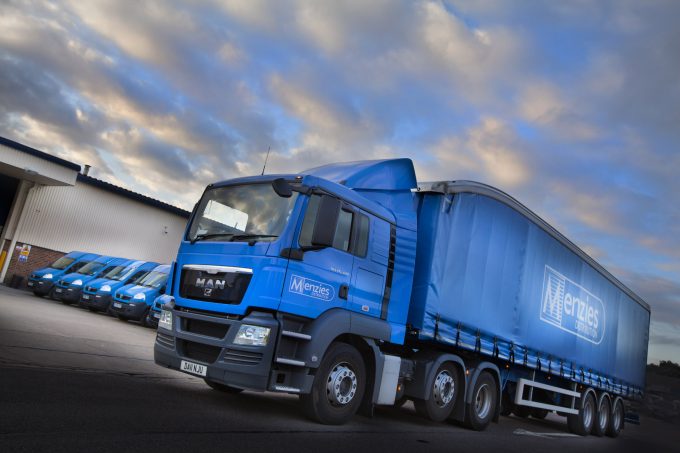Opposition to ACCC green light for DP World takeover of Silk Logistics
Australian shippers and forwarders have reacted with disappointment to the country’s competition regulators giving the ...

The row between management and shareholders at UK courier and e-commerce fulfilment firm DX Group took a new course late last week when its largest shareholder announced its opposition to a merger with Menzies Distribution.
Gatemore Capital Management, with an 11.3% stake, has rescinded its call for an emergency ...

Comment on this article